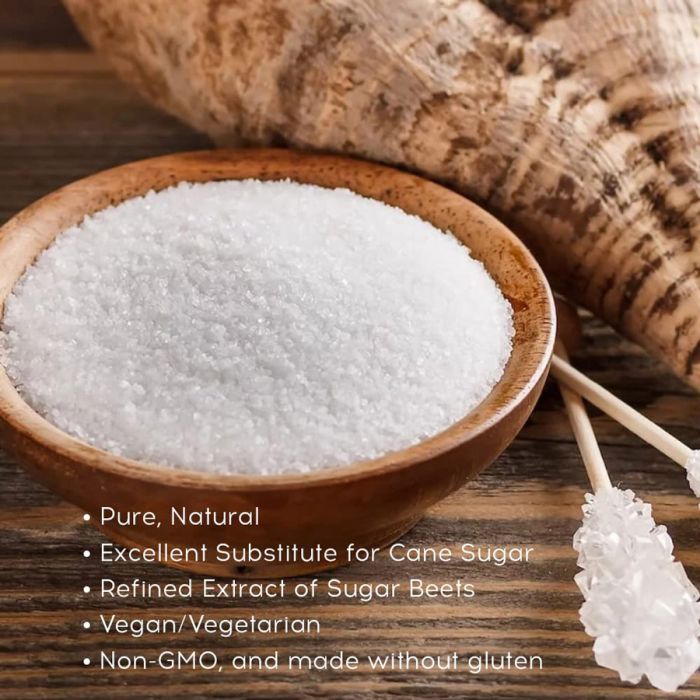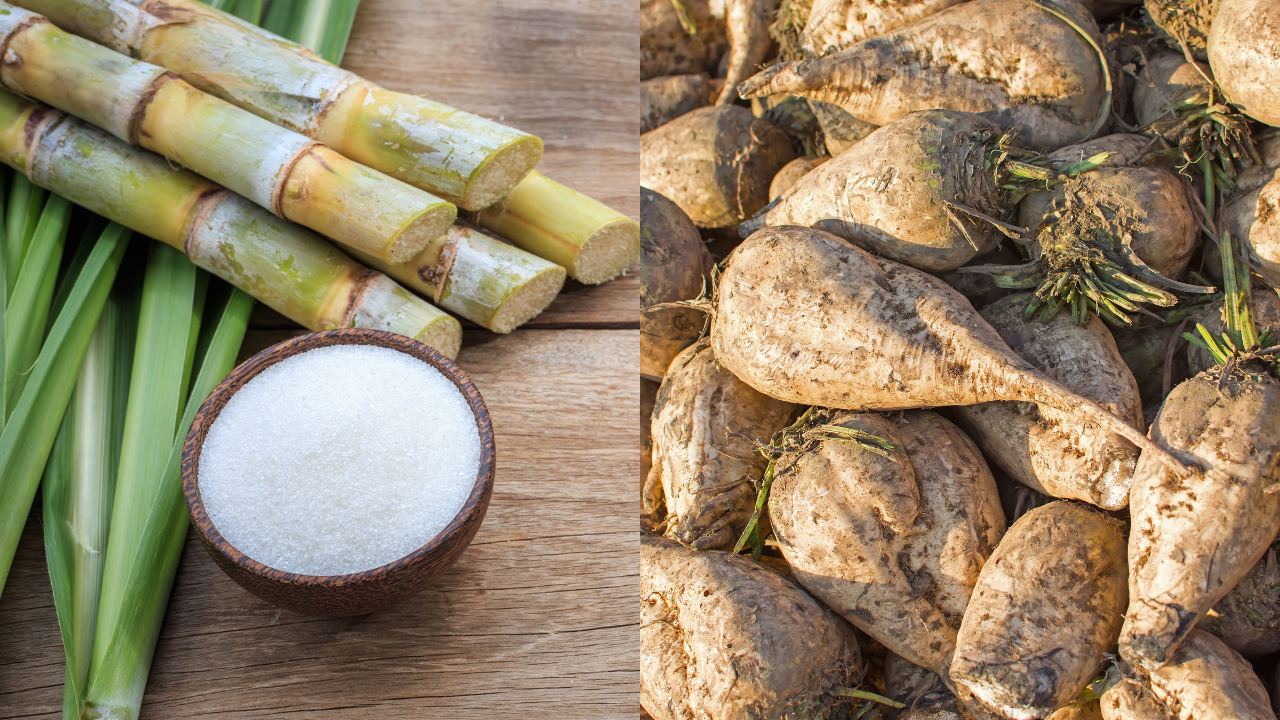A key factor in the beet sugar vs cane sugar debate is how each type impacts culinary results.
A key factor in the beet sugar vs cane sugar debate is how each type impacts culinary results.
Blog Article
Discover the Uses and Perks of Beet Sugar Vs Cane Sugar in Your Daily Diet Plan
Discovering the distinctive qualities of beet and cane sugar discloses greater than simply their sweetening abilities; it highlights their one-of-a-kind influences on health and cooking arts. Beet sugar, known for its refined flavor, is frequently favored in fragile treats, whereas cane sugar, with its hint of molasses, adds richness to durable recipes. Each kind holds its own dietary account and glycemic ramifications, welcoming a much deeper understanding of their functions in a balanced diet plan and sustainable consumption techniques.
Beginning and Manufacturing Procedures of Beet and Cane Sugar

The unique environments and soil kinds needed for expanding sugar beetroots and sugarcane add to distinctions in their cultivation techniques and geographical distribution, influencing the economics and sustainability of their production. beet sugar vs cane sugar.
Nutritional Comparison Between Beet Sugar and Cane Sugar
In spite of originating from various plants, beet sugar and cane sugar are nutritionally extremely comparable, both mainly containing sucrose. Each provides about 4 calories per gram, equating to approximately 16 calories per teaspoon. Structurally, both sugars are made up of roughly 99.95% sucrose, with marginal quantities of various other compounds like moisture and trace minerals, which do not significantly modify their dietary profiles.

Eventually, when picking in between beet sugar and cane sugar based on nutritional content alone, both deal identical benefits and downsides as they are essentially types of the very same particle-- sucrose, providing quick power without other nutrients.
Effect On Health And Wellness: Glycemic Index and Caloric Content
Exploring further into the results of beet sugar and cane sugar on health and wellness, it is crucial to consider their glycemic index and calorie web content. Both sugars are categorized as sucrose, which contains glucose and fructose. This composition leads them to have a similar influence on blood sugar level levels. The glycemic index (GI) of both beet and cane sugar is around 65, classifying them as high-GI foods, which can cause quick spikes in blood sugar degrees. This is a crucial element for people managing diabetes or those trying to support their energy levels throughout the day.
Each kind of sugar includes about 4 calories per gram, making their click to read calorie web content matching. For those checking calorie consumption, especially when managing weight or metabolic health conditions, understanding this equivalence is crucial (beet sugar vs cane sugar). Too much usage of any kind of high-calorie, high-GI food can add to health and wellness issues such as obesity, heart illness, and insulin resistance.
Environmental and Economic Considerations of Sugar Production
Beyond health influences, the manufacturing of beet and cane sugar likewise raises significant ecological and financial issues. Sugar beet growing has a tendency to need cooler environments and has a reduced geographical footprint compared to sugar cane, which flourishes in tropical areas. Nevertheless, both plants are extensive in regards to water usage and land profession, potentially bring about logging and water deficiency. Financially, the global sugar market is extremely unstable, influenced by changes in worldwide profession policies and subsidies. Numerous nations incentivize sugar manufacturing via monetary assistance, skewing market prices and influencing small-scale farmers negatively.
In addition, the use of pesticides and fertilizers in both beet and cane sugar cultivation can result in soil deterioration and pollution, further impacting biodiversity and neighborhood water bodies (beet sugar vs cane sugar). The option between cultivating sugar beet or cane typically depends upon local ecological conditions and financial variables, making the sustainability of sugar production an intricate concern
Culinary Applications and Flavor Distinctions
While the environmental and economic elements of sugar production are certainly substantial, about his the choice in between beet and cane sugar likewise affects cooking applications and taste profiles. Beet sugar, derived from the sugar beet plant, is known for its incredibly neutral preference.
Walking stick sugar, removed from sugarcane, frequently maintains molasses traces, which give an unique richness and deepness. This minor molasses taste improves the complexity of baked items, sauces, and marinades. It is specifically favored in items where a caramel undertone is preferred, such Click Here as in brownies or gingerbread. Moreover, the minor variation in moisture web content in between beet and cane sugar can affect the texture and consistency of meals, making cane sugar a recommended option for particular recipes that gain from its special properties.

Final Thought
Finally, both beet and cane sugar have distinctive origins and manufacturing processes, offering comparable dietary accounts with slight distinctions in salt material and flavor. While their influence on wellness, especially regarding glycemic index and calories, is similar, the option between them typically boils down to environmental, financial factors, and specific culinary requirements. Recognizing these facets can lead consumers in making educated decisions that straighten with their health and wellness objectives and taste preferences.
Report this page